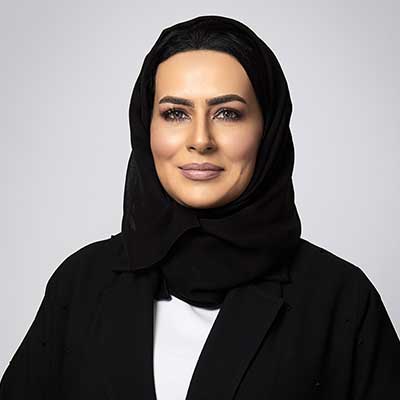تحت رعاية صاحب السمو الشيخ محمد بن زايد آل نهيان، رئيس دولة الإمارات العربية المتحدة
Under the Patronage of
H.H. Sheikh Mohamed Bin Zayed Al Nahyan,
President of The United Arab Emirates
Under The Patronage of H.H. Sheikh Mohamed Bin Zayed Al Nahyan President Of The United Arab Emirates

Leadership Roundtables
Minutes of discussions per Roundtable
Participants per Roundtable
Ministers and C-level Executives attending
The invitation-only ADIPEC Leadership Roundtables gather ministers, c-level industry executives and policymakers to explore the new ideas and transformative thinking, shaping the energy sector. As an important cornerstone of ADIPEC’s strategic conference programme, the Leadership Roundtables provide the thought leadership and direction to drive growth over the next decade and define the global energy future.
As part of an exclusive network of dynamic global executives, participants in the ADIPEC Leadership Roundtables are at the forefront of the energy sector, driving change with their insights and solution-oriented outcomes.
These roundtable sessions foster open and impactful conversations among influential decision-makers who are shaping the responsible energy industry’s future and implementing innovative business strategies to create a cleaner and more secure energy landscape.
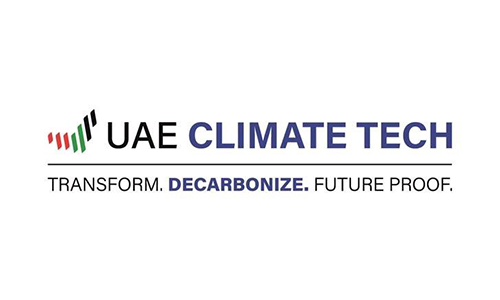

In 2022, global investments in clean technology surpassed $1 trillion. Reflecting on the historic milestone during a speech in May this year, COP28 President Designate, His Excellency Dr. Sultan Al Jaber, said: “By leveraging climate technologies, we can build a new economic development model based on putting an end to emissions, while breathing new life into economic growth.”
Building on this positive momentum, companies around the world are presented with an unprecedented opportunity. Technology can accelerate their net-zero goals, yet crucial questions remain over how to best identify, develop, and deploy the innovations that will effectively eliminate emissions.
The UAE CLIMATE TECH Roundtable, Leveraging technology and partnerships to accelerate the journey to net-zero, explored these core questions. The roundtable served as a platform for sharing knowledge, identifying best practices, and finding fresh solutions to help us decarbonise, faster, together.


The shocks to energy markets in 2022 and the geopolitical events in 2023 have ensured energy security, affordability and the need to transition to a low carbon energy system continue to dominate the global agenda. Governments have responded with transformative initiatives such as the US Inflation Reduction Act, the EU Green Deal, UAE’s National Hydrogen Strategy, China’s latest five-year plan and India’s drive to incentivise investment across its energy system and a new energy manufacturing industrial base.
As the world takes stock of the energy transition, on the eve of COP28, questions remain regarding the pace of progress and how the transition can move forward whilst simultaneously meeting the disparate energy needs of nations around the world.
Attendee Insights:
What are governments doing to accelerate the policies and incentives needed to rapidly progress a secure, affordable and lower carbon energy system of the future?
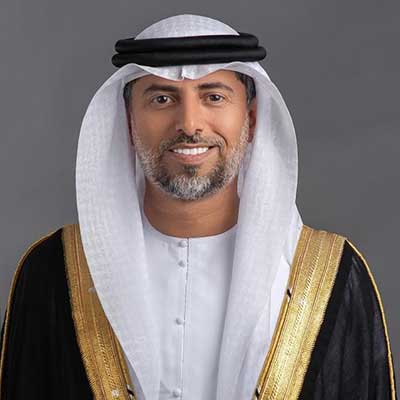



With around 80% of the world’s proven oil reserves under the management of OPEC members, national oil companies (NOCs) have a critical role in reducing greenhouse gas (GHG) emissions. But decarbonising operations will require effort to upgrade traditional business models as well as investment in, and deployment of, climate technologies including carbon capture and storage (CCS), methane emission reduction and hydrogen supply chains. Indeed, many OPEC members have made significant achievements on these fronts while others are building capacity to reduce emissions. The roundtable focused on how stakeholders and partners can devise a sustainable pathway for NOCs to lower carbon footprint?
Attendee Insights:
Understand how NOC business models are evolving to achieve lower carbon footprints, while operating successfully in a decarbonised economy. What could the 2050-2060 future look like for an NOC?
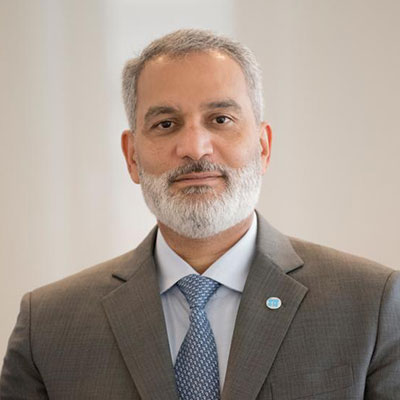
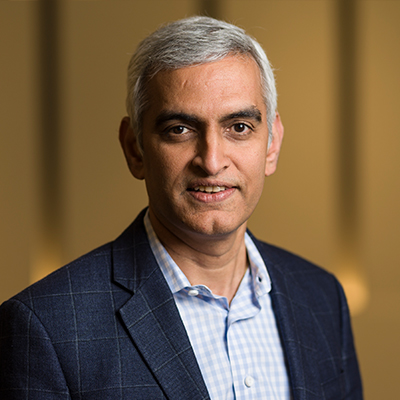



As a low-cost option for power generation, renewables must be scaled up as fast as possible. Significant progress has already been made, with the share of renewables in the power mix having increased by 10 percentage points since 2010 (Source: Energy Institute Statistical Review of World Energy). Achieving net zero will require accelerated deployment to increase the share of renewables in power generation to around 60% by 2030 (Source: IEA World Energy Outlook 2022). In March 2023, the COP Presidency called for the ambitious target of triple renewable energy capacity by 2030. To achieve this vision, supportive policies and regulatory mechanisms will be required to incentivise the investment in and enabling of the rapid scaling of renewable energy projects through enhanced collaboration between governments, industry players, and local communities. Beyond policy, further research into and the development of critical technologies and grid infrastructure is needed to mitigate the limitations of renewable energy sources including longer duration battery storage technologies, greater efficiency from wind and solar components along with swifter and more seamless grid integration. Furthermore, secure access to the minerals required for batteries manufacturing and supply chain integrity remains a barrier to scalability.
The rapid scalability of global renewables capacity will need vital funding with efforts focussed on de-risking investments, reduce capital costs, and establish sustainable financing models. Knowledge sharing and cooperation between stakeholders will support an accelerated proliferation and expansion of renewable projects. Many traditional oil and gas players have already pivoted to a full portfolio of energy solutions but further investment and prioritisation will be required to deliver the scalability of these solutions to achieve the vision of triple capacity by 2030.
Attendee Insights:
Understanding the multifaceted opportunities for the oil and gas industry associated with tripling renewable energy capacity by 2030.

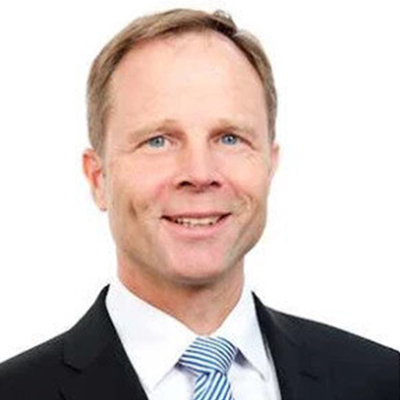
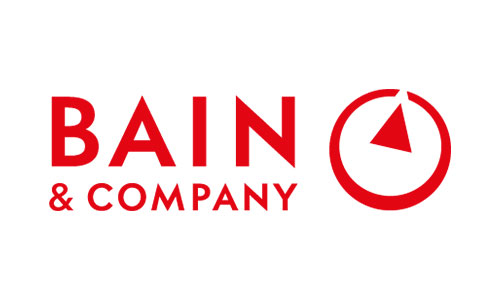
The industrial sector is responsible for 40% of global energy consumption and more than 30% of global greenhouse gas (GHG) emissions, making it the second largest emitter of CO2 after power generation. With the potential to accelerate the elimination of CO2 emissions across many of the hard-to-abate industries, success, or otherwise, will depend on an organisation’s ability to collaborate with others on a common vision of a green future and alignment with government policy around these industries to facilitate transition.
Attendee Insights:
Understand the importance of public/private partnerships in achieving industrial decarbonisation. What have we learnt from the recently formed NOC partnerships? Is there a way to make them more successful? What are the key challenges, opportunities and potential solutions?

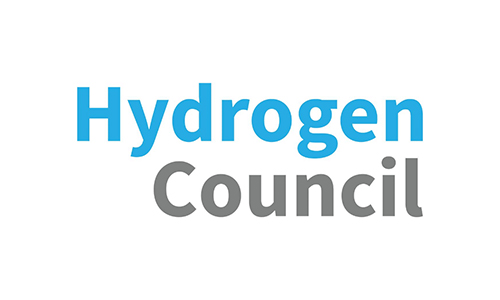
To achieve the 180mt ambition of low carbon hydrogen set out by COP28, power producers, renewable developers, oil and gas companies, production technology manufacturers, governments and policymakers must be well prepared for the evolving hydrogen economy and ecosystem. This will require all stakeholders to carefully identify and mitigate emerging hurdles such as potential feedstocks, land and infrastructure limitations. This specifically includes:
Attendee Insights:
Understand the important role of hydrogen in the low carbon future and what is needed to address the barriers to achieving GW-scale.




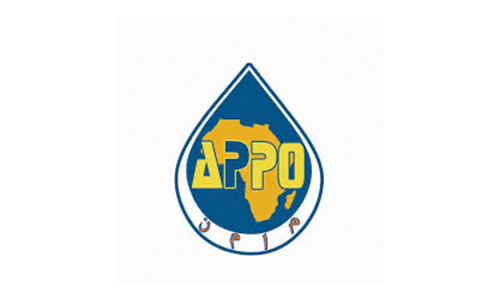

Climate change poses a significant threat to the African continent. Although Africa was responsible for only 4% of global CO2 emissions in 2021, it accounts for 35 of the 50 countries worldwide that are at greatest risk from the effects of climate change, according to a BCG report “Building a Climate-Resilient, Low-Carbon, Job-Rich Africa”. Over the next two decades, rapid population growth and industrialization are expected to drive strong energy demand growth across the continent. At the same time the Africa needs to limit emissions and accelerate the transition towards a low carbon future. As African countries embark on a just energy transition, they will need to reconcile a complex array of issues, including decarbonization imperatives, potential trade restrictions, jobs, energy costs, availability of financing, and equal access to green energy. Africa energy companies will play a leading role in the transition – one by driving their own decarbonization to support domestic policies and protect exports but also driving the green economy. It is time to explore the role of energy companies, policy makers, organizations in Africa in driving the energy transition.
Attendee Insights:
Understand the role of Africa's NOCs in advancing progress towards low carbon ambitions, energy transition commitments and just energy priorities across the continent.
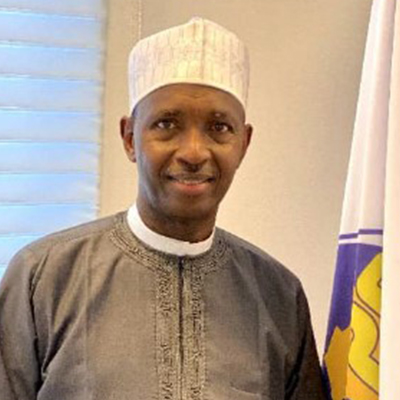
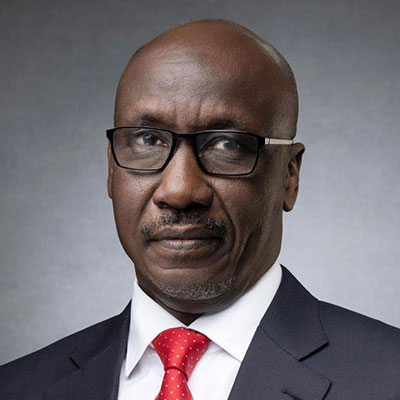
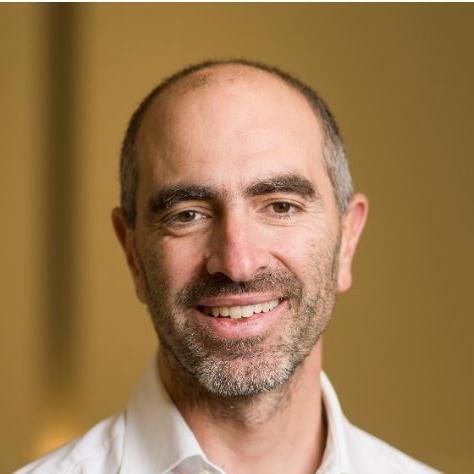

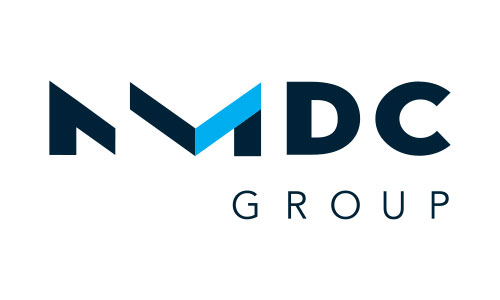

As the global energy industry embraces the energy transition, project financing is a critical factor. A diverse range of projects, including renewable energy, energy efficiency, clean transportation and enabling infrastructure will require significant investments to achieve climate goals and ensure energy security.
However, there are many challenges to financing global-scale energy projects, including policy and regulatory hurdles, supply chain disruptions, technology limitations and emissions reduction actualisation.
Attendee Insights:
Understand the key challenges, opportunities and potential solutions for financing global scale, low carbon energy projects.


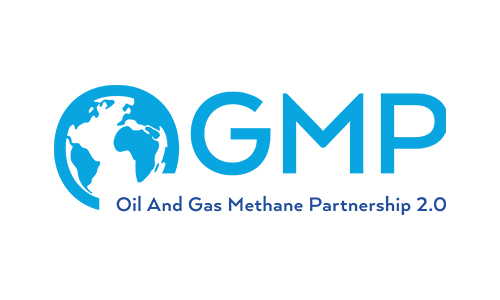
According to the IEA, an estimated 570mt of methane is emitted globally each year. The oil and gas industry accounts for around a quarter of global methane emissions. Reducing emissions of methane is critical for limiting global warming in line with Paris Agreement goals. The reduction of oil and gas industry methane emissions to near zero would eradicate at least 30% of human-caused emissions by 2030 compared with 2020 to meet two thirds of the Global Methane Pledge (GMP) target.
Collaborative action is urgently required among key stakeholders in the energy industry to address methane emissions comprehensively. Accurate measurement and reporting along with the deployment and refinement of effective methane abatement technologies and regulatory solutions will be essential to faster abatement. The oil and gas industry and oil and gas producing nations are well positioned to drive near zero methane emissions by 2030.
A diverse range of programmes have emerged to advance the methane abatement agenda, however the question remains: how will companies translate industry-wide climate ambition into credible emission reductions? This roundtable will determine the next steps that will be needed to accelerate tangible and effective progress on methane leveraging technology, data, industry actors and finance. With a spirit of shared responsibility, leveraging innovation, ensuring access to funding, and aligning policy efforts, the roundtable will seek to define a unified approach that will transcend both organisational boundaries and national borders toward zero methane emissions.
Attendee Insights:
Defining a collective approach to catalysing progress on mitigating methane emissions across the globe and high emitting centres.



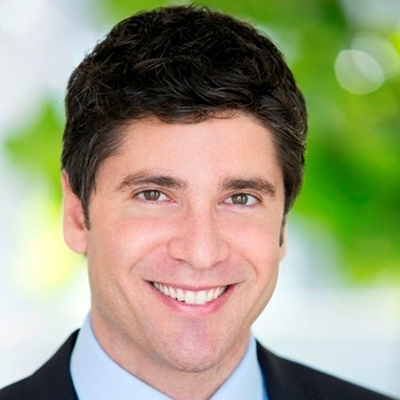

As we navigate the energy transition, governments and business are seeking to engage with and inspire young people, not just as climate champions but also as active architects of the future energy system.
The ADIPEC Youth Council convened the brightest minds in energy from around the world to cultivate and share a vision for a decarbonised energy future with industry leadership and to discuss how to involve the next generation of energy sector talent in today’s energy transition dialogues and decisions.
Attendee Insights:
Learn from youth representatives and energy industry leadership about how best to engage with young people and their ideas on the energy transition and the shape of the future energy system.
